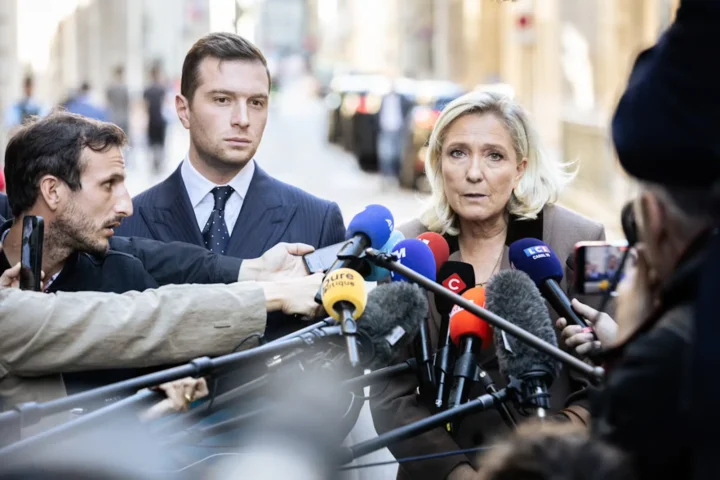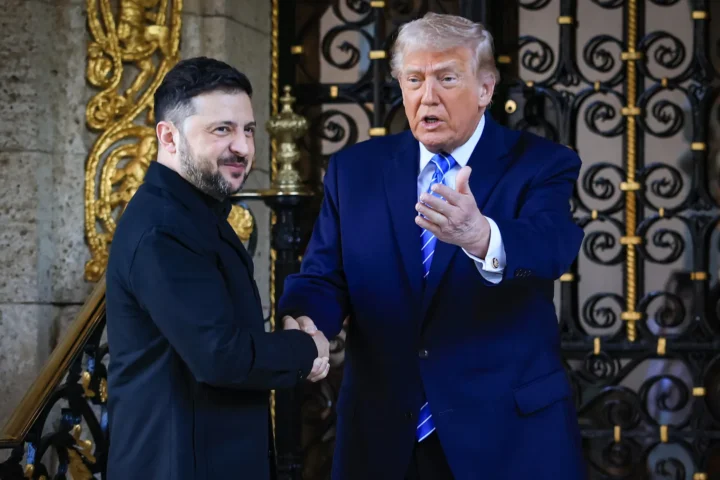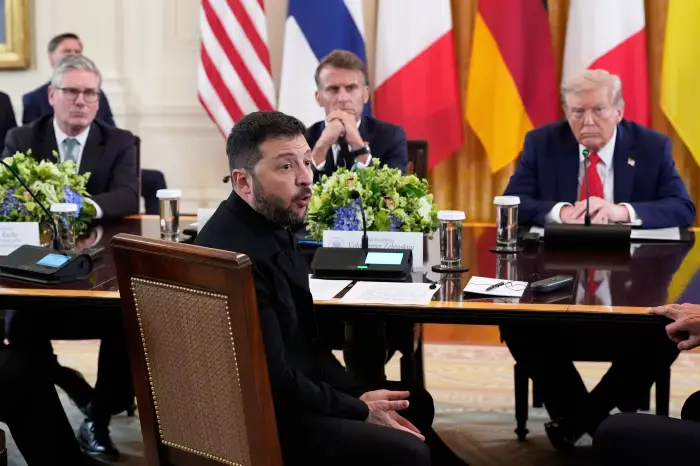The European Union’s long-gestating plan to combat online child sexual abuse material (CSAM) has hit another wall — and the reasons why reveal something profound about Europe’s digital politics. What began as a moral imperative to protect children online has become one of the defining privacy battles of the decade, pitting law enforcement against technologists, and ideals of safety against the architecture of trust itself.
A Digital War Replayed
For veterans of the “crypto wars” — the 1990s battles over whether governments should have keys to encrypted systems — this all feels painfully familiar. Encryption, once a tool of Cold War espionage, evolved into a pillar of everyday security. It’s what keeps bank transactions safe, protects journalists’ sources, and shields personal messages from hackers and authoritarian regimes alike.
The European Commission’s 2022 CSAM proposal reopens this old front. Its goal is both urgent and noble: stop the spread of child abuse imagery and detect grooming online. But the mechanism — forcing tech firms to scan users’ messages for potential abuse content — strikes at the core of end-to-end encryption, the very feature that ensures no one but sender and receiver can read a private exchange.
Privacy advocates warn this is a digital Pandora’s box. To scan for abuse, encrypted messages must first be readable — by someone, somewhere. And once a backdoor exists, no government or corporation can guarantee it won’t be abused.
Europe Divided Against Itself
This is not just a fight between “big tech” and regulators; it’s a political civil war within Europe itself. Denmark and France lead the charge for stricter measures, framing them as necessary for child safety. Germany, Poland, and parts of the European Parliament stand firmly on the other side, defending encryption as a fundamental right.
Even national governments are split internally. Interior ministries — focused on policing and security — want stronger surveillance powers. Justice and digital ministries, meanwhile, fear that weakening encryption will erode civil liberties and cybersecurity. It’s a microcosm of a broader European identity crisis: can the bloc claim to be a guardian of digital rights while enabling mass scanning of private messages?
The Backlash That Broke Momentum
If the past week is any indication, the European public has already made up its mind. Privacy groups, digital rights activists, and companies from Signal to X (formerly Twitter) rallied against the proposal, warning that “detection orders” would effectively criminalize secure communication. A flood of emails from citizens swamped lawmakers’ inboxes in Brussels, echoing one message: privacy is not negotiable.
That pressure worked. The latest attempt to move the bill forward collapsed, leaving the proposal politically stranded. For now, encryption holds.
But the battle isn’t over. The Commission and several member states are still looking for technological compromises — such as so-called “client-side scanning,” where messages are scanned before encryption. Yet most security experts dismiss this as little more than surveillance by another name.
The Ethical Tightrope
It’s tempting to view this as a zero-sum game: privacy versus protection, liberty versus safety. But the truth is more complex. Both sides claim the moral high ground — one in defense of children, the other in defense of freedom. Both are right, and both risk being wrong if they refuse to engage with the other’s concerns.
What Europe desperately needs is not another standoff, but a deeper reckoning with the limits of technology in solving social problems. Scanning private messages may make lawmakers feel proactive, but it won’t fix the systemic failures — underfunded police units, poor international cooperation, and a lack of victim support — that allow online abuse to persist.
The Road Ahead
The CSAM debate has become a litmus test for Europe’s digital values. Will the continent remain a global leader in privacy, or will it follow the path of security exceptionalism, where noble causes justify invasive powers?
For now, the pause in negotiations offers a reprieve — and perhaps a reminder that some lines in the digital sand are worth defending. Encryption is not an obstacle to safety; it is the foundation of trust in a connected world. Undermining it, even with good intentions, risks breaking far more than it protects.











